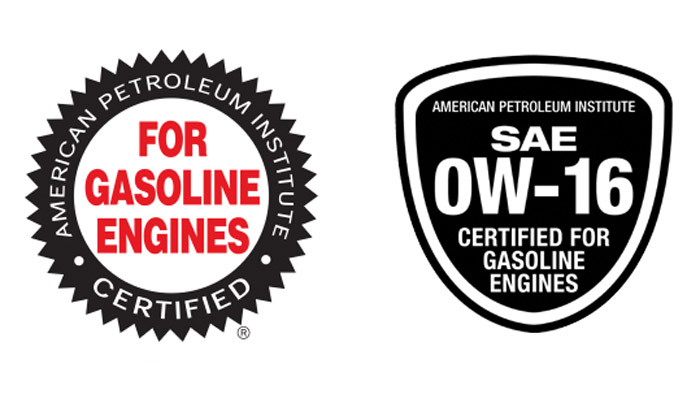
API invokes provisional licensing for ILSAC GF-6, API SP, due to backlog at independent test labs
Because of the high demand for the “ROBO” test at independent test laboratories, the American Petroleum Institute (API) has invoked provisional licensing for ILSAC GF-6, API SP, etc., as provided for in API 1509, Engine Oil Licensing and Certification System (EOLCS).
The huge demand has created a backlog at independent test laboratories as the first-licensing date for the new ILSAC GF-6A, ILSAC-GF-6B and API SP standards looms closer. The first-licensing date is 1 May 2020.
ASTM D7528, Standard Test Method for Bench Oxidation of Engine Oils by ROBO Apparatus, is one of several bench tests required for the latest passenger car engine oil categories being licensed by API, although it is not a new test. It measures an oil’s ability to maintain low temperature viscosity after aging.
The provisional licensing applies to oil marketers that need to run the ROBO test to qualify a formulation for any of the following: ILSAC GF-6A; ILSAC GF-6B; API SP with Resource Conserving and SN PLUS; API SP with SN PLUS; ILSAC GF-5; API SN with Resource Conserving; API SN with Resource Conserving and SN PLUS; API SN with SN PLUS; and API SN.
The 18th edition of API 1509 contains the latest standards and marketing guidelines for API Engine Oil Quality Marks and governs how engine oil marketers certify that gasoline and diesel engine oils meet API’s performance standards.
In a letter dated 1 April, API’s Jeffrey Harmening, manager – EOLCS/DEF/MOM, said that the provisional licensing is effective immediately and will close on 1 August 2020. Following this period, API will review the situation at the independent labs and determine if the provisional licensing period should be extended. After the provisional licensing closes, a licensee with a provisionally licensed formulation will be given six months to obtain a passing ROBO result.
If a provisionally licensed oil fails to pass the ROBO test, the licensee must notify API and must take whatever corrective measures are necessary, including product recall, within a time frame specified by API. If a new oil formulation is not received by API by the end of six months, API will cancel the provisional license for that formulation.
Engine oils granted an API provisional license will be listed in API’s Directory of Licensees without any special designation. The licensee is still responsible for the satisfactory performance of all engine oils granted an API provisional license.









